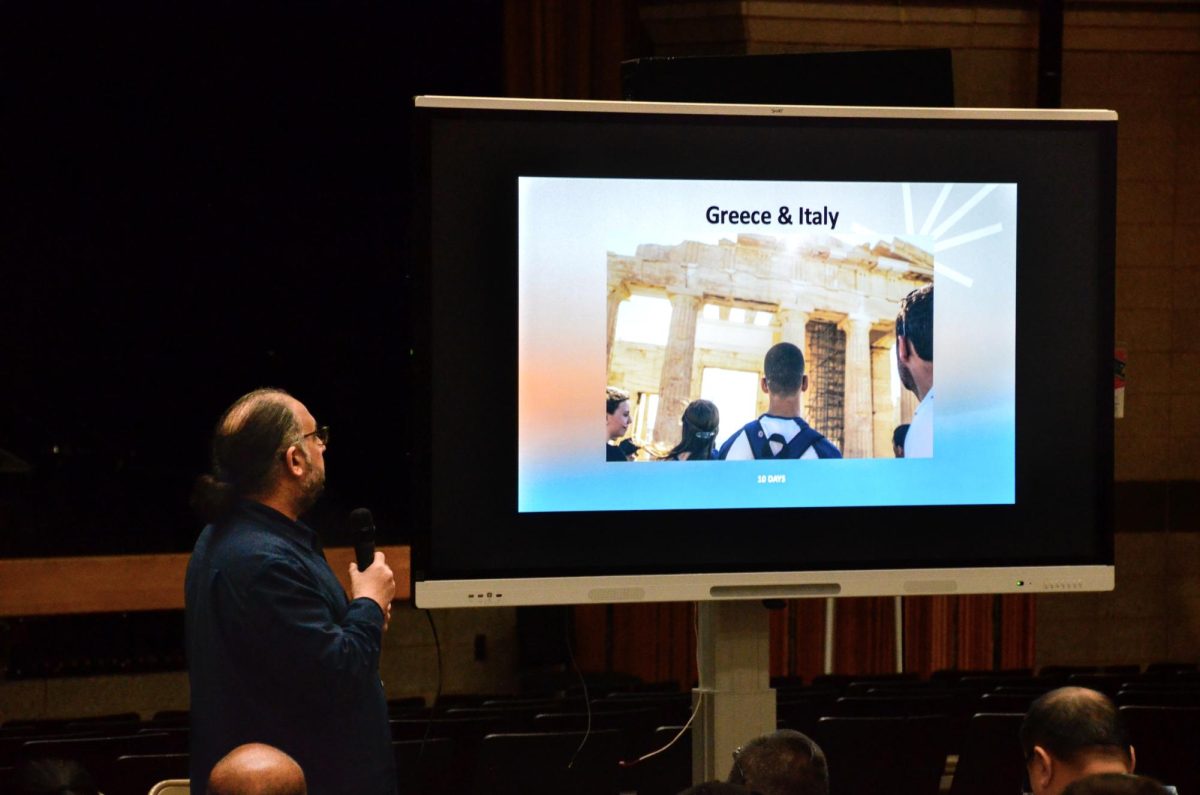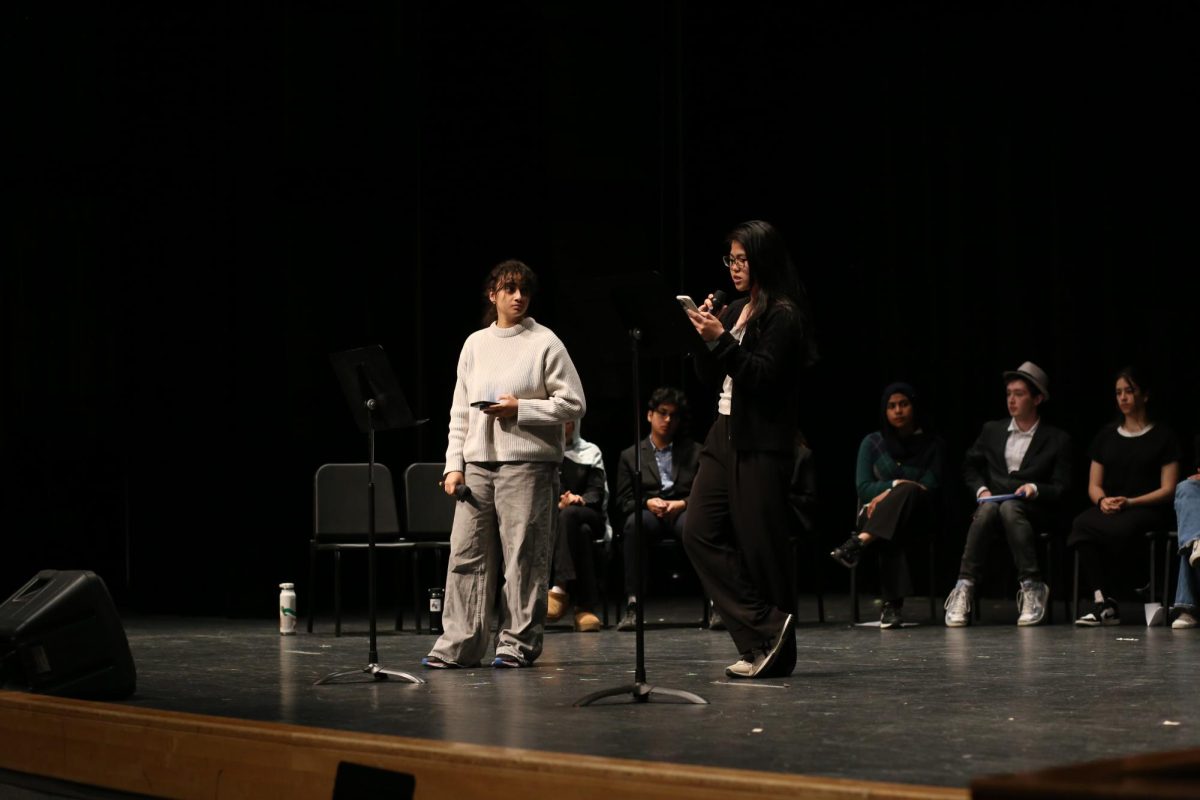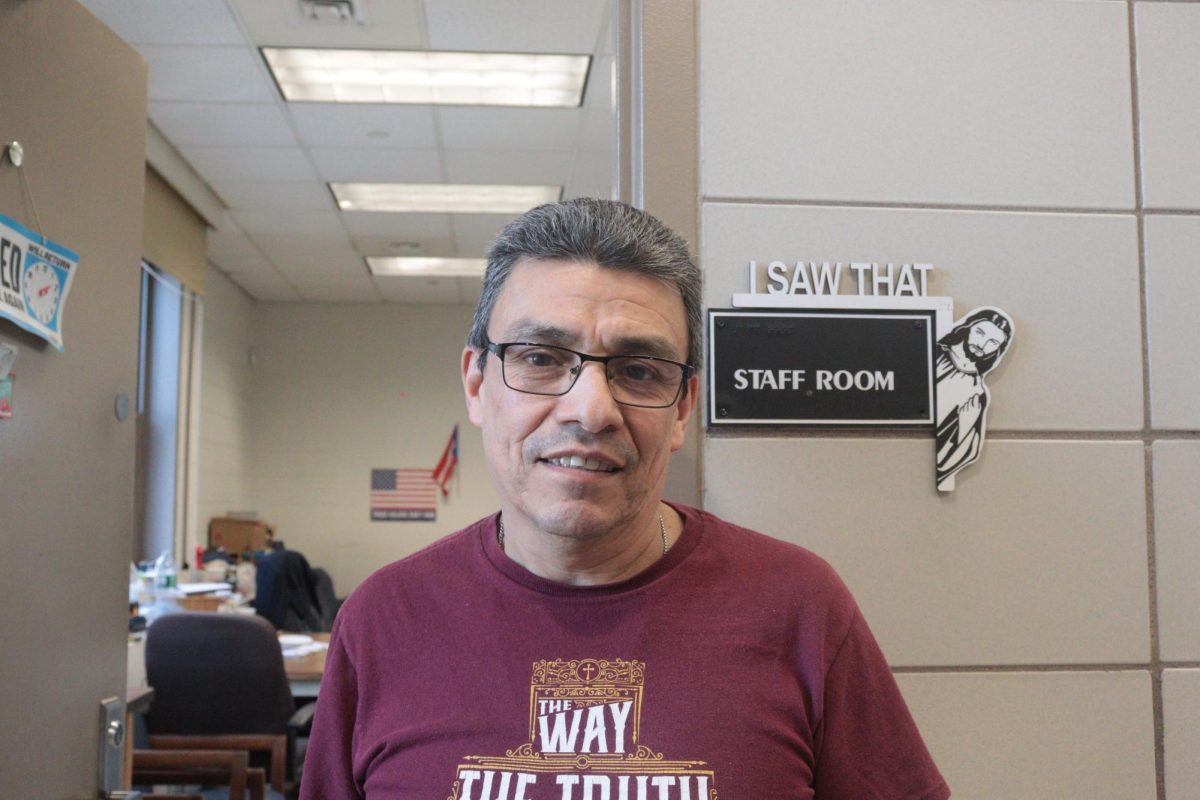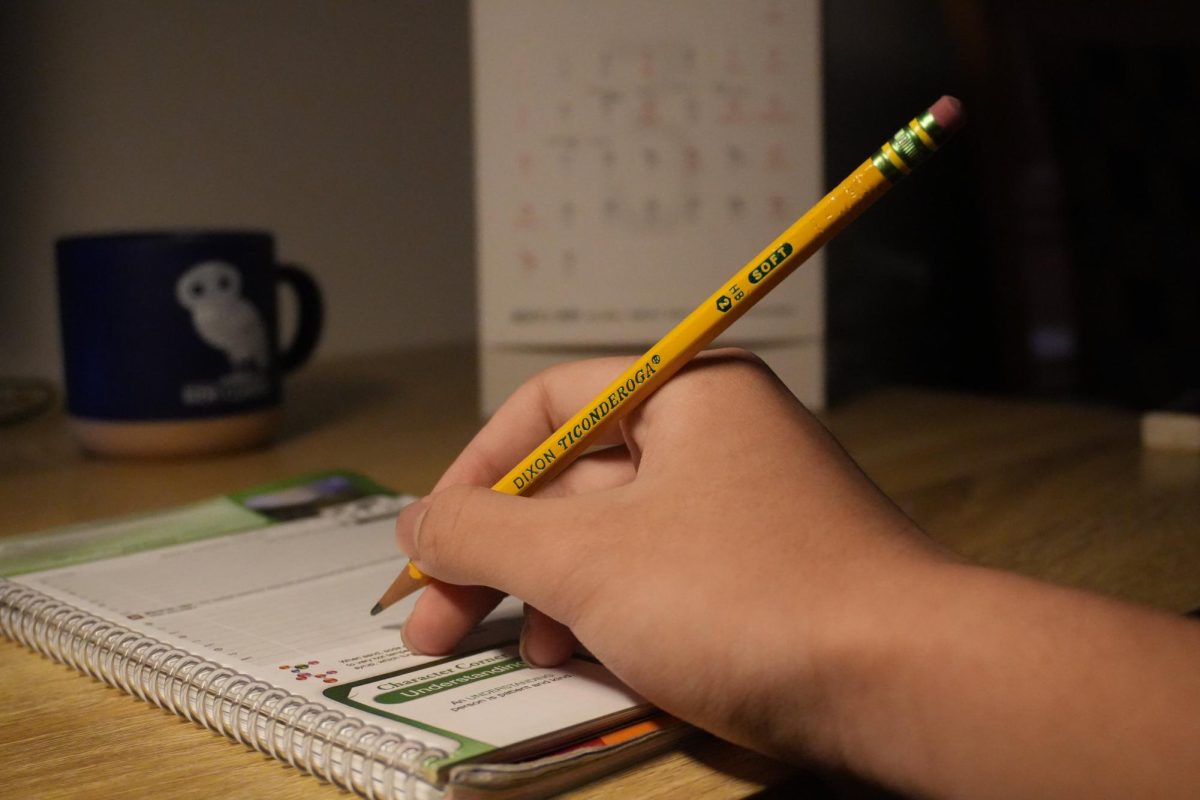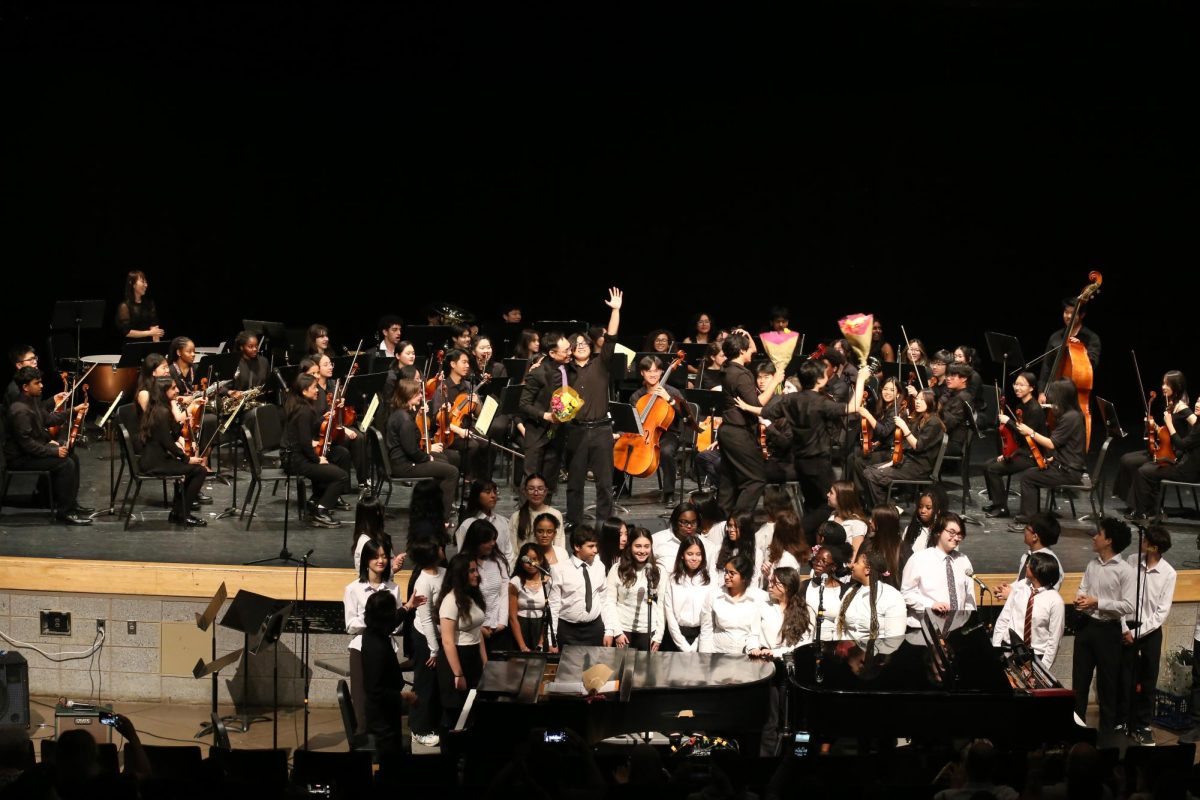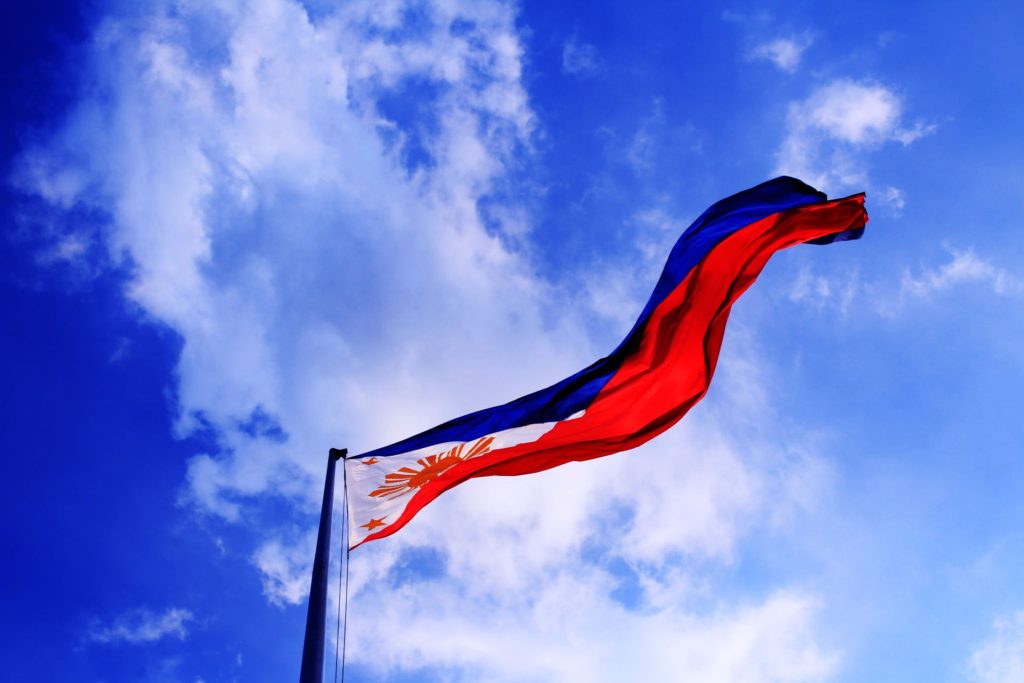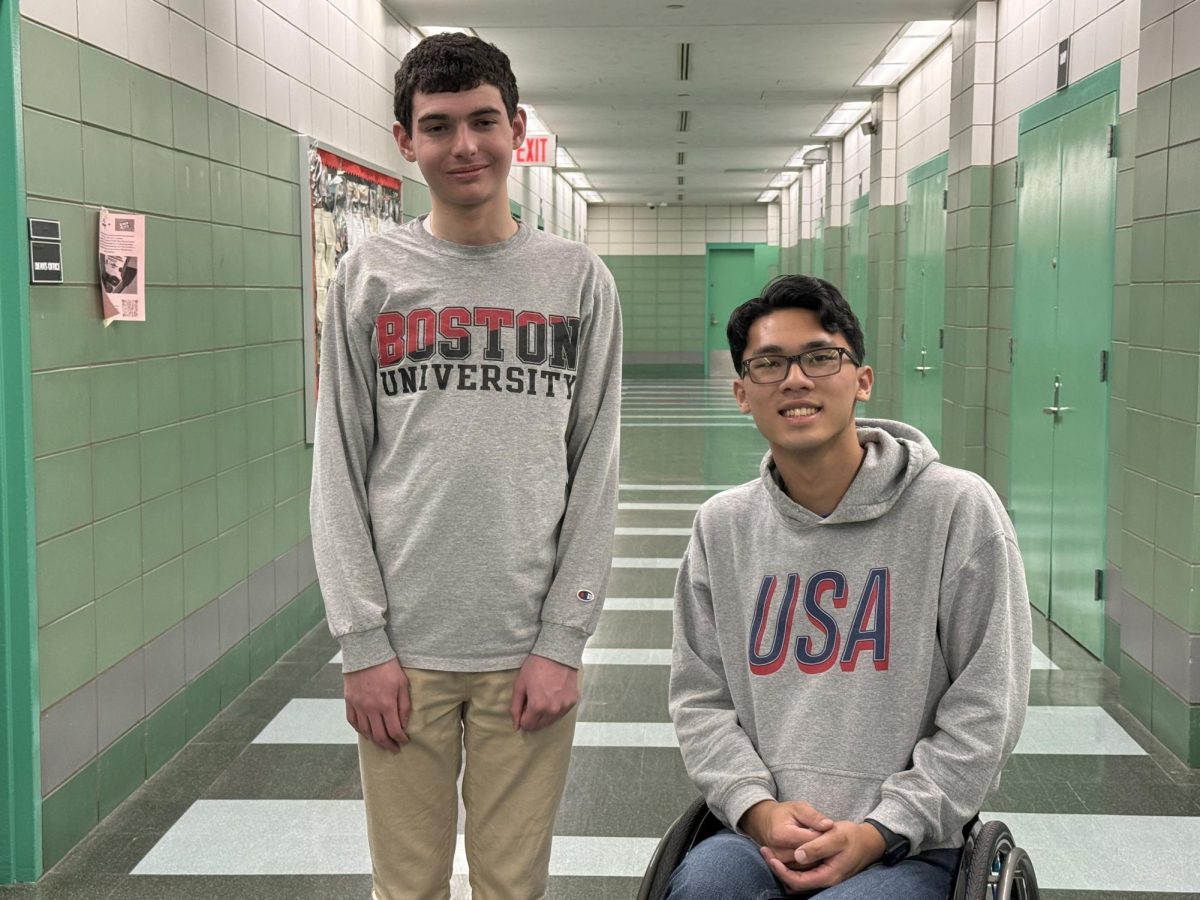
May is Asian-Pacific American Heritage Month – a celebration of Asians and Pacific Islanders in the United States. May was chosen in order to commemorate the immigration of the first Japanese people to the United States (May 7, 1843) and the completion of the transcontinental railroad (May 10, 1869), since the majority of the tracks were laid by Chinese immigrants.
This tradition started in June 1977 when Representatives Frank Horton from New York and Norman Y. Mineta from California introduced a House resolution to proclaim the first ten days of May as Asian-Pacific Heritage week. In July, of the same year, Senators Daniel K. Inouye and Spark Matsunaga, from Hawaii, brought forth a similar bill to the Senate. Both pieces of legislation were passed and on October 5, 1978 and President Jimmy Carter signed a Joint Resolution designating the annual celebration. Then in 1990, President George H. W. Bush signed a bill passed by Congress to extend the week-long celebration to a month-long celebration. Finally in 1992, the official designation of May as Asian-Pacific American Heritage Month was signed into law.
Asian-Pacific refers to the entirety of the Asian continent and the Pacific islands of Melanesia, Micronesia, and Polynesia. Each country and region is unique in terms of culture and tradition. “Not a lot of people know how rich our customs and histories are, or how to separate us from the rest of Asia- it’s a big place!” says freshman Francesca Manabat about her Filipino heritage.
Sophomore Elizabeth Brandwein adds, “I think this month signifies the need for appreciation of a group of incredibly diverse cultures that usually go unrecognized or get lumped together as ‘Eastern’ or ‘Asian.’”
Junior Rochelle Lin agrees that culture is a huge part of one’s identity. She shares that her culture plays a big role in her life because it defines how she lives, “from the holidays I celebrate to the food I eat, Chinese culture has strong roots in hardwork and respect and that has helped me to achieve many of my goals.”
Freshman Kristine Kong shares a similar view, stating, “my culture plays a prominent role in my life because it dictates my daily lifestyle and who I am as a person. My mom’s traditional Chinese cooking and being conversational in Chinese, among other things, really contributes to my overall being. I take immense pride in my heritage; it’s what makes up my life.”
The celebration of Asian-Pacific heritage is also important because there is not a lot of representation for these ethnic groups in American media. Kristine says, “We should celebrate Asian-Pacific heritage as it is a majorly underrepresented demographic here in America. It’s a huge deal when there are Asian-American actors or athletes, like Chloe Kim and Constance Wu, being recognized by the American public.” Kim, born in California to South Korean parents, and Wu, born in Virginia to Taiwanese parents, both recognize the economic and educational opportunities their parents were able to attain by immigrating to America.
These experiences are also reflected in the immigration stories of student’s parents. Junior Lucy Yang shares, “My parents immigrated here to continue college. My mom pursued early childhood education and got her masters degree here while my dad wanted to work as a sushi chef in the city. They also planned to start their family in America since it offered new economic opportunities.”
However, many Asian and Pacific Islander immigrants faced harsh discrimination. Freshman Jonathan Hong shared his opinion, stating “It’s important that this country celebrates this month because of how negatively Asian people were treated in the past, from false stereotypes and discrimination to blatant racism. Thus, this tradition is a turn towards a positive. It celebrates all the good that Pacific-Asian people did for America.” He goes on to add, “I believe this month signifies celebration for East Asian immigrants, who, like most immigrants, faced a harsh transition, and had to make many sacrifices to get where they are today. They managed to overcome all of this to thrive in America.”
Lucy agreed, saying, “Considering the history that many Asian-Americans and Pacific-Islanders suffered through, it is important to honor and celebrate how these minorities contributed to America since the first immigrants arrived. It is also another reminder for all Americans to celebrate diversity and culture despite their differences.”
Junior Aleksandre De Jesus, shared his opinions on the importance of acknowledging and celebrating this month, stating, “I believe this month signifies and pays tribute to how much the Asian and Pacific cultures have influenced the growing of America as a whole. It helps us, as Americans, to realize the importance of these people to our country and how important our country is to them.”
Lucy continued, adding on, “I believe this month signifies the celebration and reflection on the diversity that defines the country. Especially since Asian Americans and Pacific Islanders are minority populations, it is important to honor such cultures while accepting the fact that we identify as American.”
Kristine explains, “This month signifies pride, representation, and acknowledgement for Asian Americans; it reminds this country that we’re a part of the United States and that we matter.”
This month is not only significant to the Asian-Pacific community as a whole, it inspires many individuals to embrace their culture to its fullest extent. Francesca concluded “This month signifies the celebration and importance of my culture, my individuality, and my history.”



